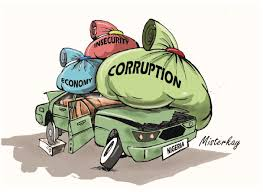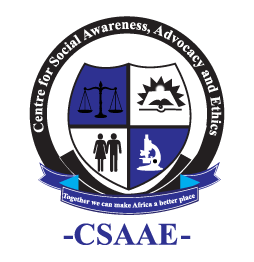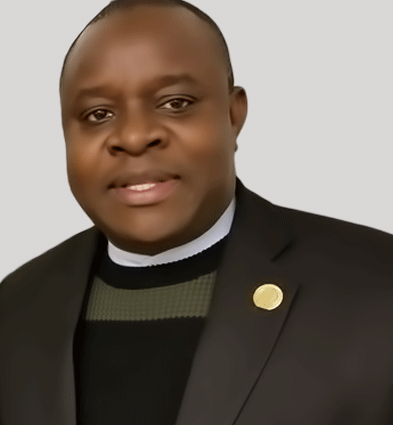Corruption remains a persistent and pervasive challenge in Nigeria, undermining the country’s development efforts and eroding public trust in governance institutions. Despite concerted efforts to tackle this scourge, recent events highlight the daunting task ahead in the fight against corruption. Nigeria’s struggle with corruption is well-documented, with the country consistently ranking poorly on global corruption indices. From embezzlement of public funds to bribery and extortion, corrupt practices have plagued all levels of society and hindering economic growth.

Recent revelations have further exposed the depth of corruption in Nigeria, with high-profile cases involving government officials, business leaders, and institutions. The mismanagement of public resources and the diversion of funds meant for critical infrastructure projects have become all too common, depriving ordinary Nigerians of essential services and opportunities for advancement. Despite the implementation of anti-corruption measures and the establishment of dedicated agencies such as the Economic and Financial Crimes Commission (EFCC) and the Independent Corrupt Practices and Other Related Offences Commission (ICPC), significant challenges persist in the fight against corruption.
One of the primary obstacles is the lack of political will to prosecute and punish corrupt individuals, particularly those in positions of power. Political interference, judicial delays, and weak enforcement mechanisms have often hampered efforts to hold perpetrators accountable, allowing impunity to thrive. Furthermore, entrenched systemic issues, such as opaque procurement processes, weak regulatory frameworks, and a culture of impunity, continue to facilitate corrupt practices. Addressing these structural deficiencies requires comprehensive reforms and sustained commitment from all stakeholders.

Recent corruption scandals have once again thrust the issue into the spotlight, sparking public outrage and calls for decisive action. The alleged misappropriation of funds meant for COVID-19 relief efforts, revelations of inflated contracts, and instances of bribery and kickbacks have elicited widespread condemnation and demands for accountability. The brazen nature of these scandals, coupled with their detrimental impact on the lives of ordinary Nigerians, has awaken the civil society, the media, and the international community to demand greater transparency and accountability from government officials and institutions.
Addressing corruption in Nigeria requires a multi-faceted approach that encompasses legal, institutional, and cultural reforms. Strengthening anti-corruption laws, enhancing transparency in public procurement processes, and strengthening the capacity of anti-corruption agencies are essential steps in the right direction. Above all, combating corruption requires unwavering political will and a commitment to upholding the rule of law. Government leaders must lead by example, demonstrating their dedication to transparency, accountability, and the equitable distribution of resources. Nigeria’s battle against corruption is far from over, but recent events show the urgent need for decisive action. By confronting systemic challenges, holding perpetrators accountable, and fostering a culture of integrity and transparency, Nigeria can begin to turn the tide against corruption and pave the way for a corrupt free country. The time for action is now.


